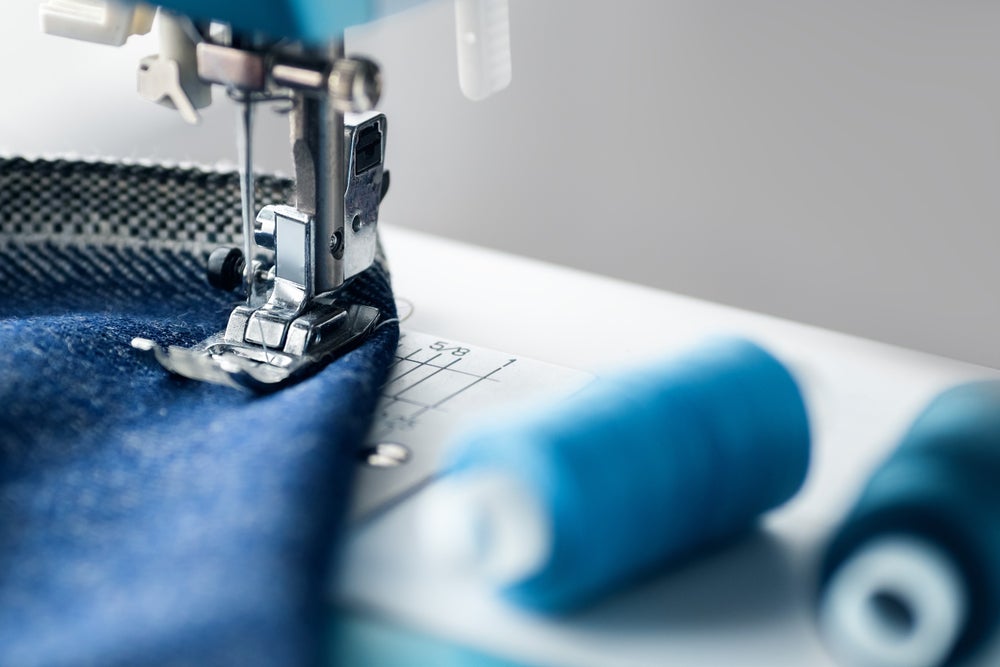
The research paper ‘Impact of sewing on microfiber release from polyester fabric during laundry’ reveals that laser and ultrasonic cutting methods can reduce the microfibre release of garments by up to 20 times compared to using conventional scissor-cut edges.
The study analysed the cutting and sewing methods of knitted fabrics and their impact on the microfibre release of garments during laundry.
While comparing the different stitch types, the overlock stitch type showed reduced shedding than the other stitch types (flatlock stitch and single needle lockstitch). Results from the study also showed that the use of more needles increases the microfibre emission among different stitch variations of the same stitch type.
For instance, the research reported a 45.27% increase in microfibre emission with the 4-thread overlock stitch (two needles) than with the 3-thread stitch (one needle).
In addition to this, when it comes to seam type, the proposed edge finishing seam (EFb) was effective in reducing 93% of microfibre release in the study as the edges were completely covered.
The research also considered stitch density, stating that in the case of the single needle lockstitch and flatlock stitch, the microfibre release was reduced with increased stitch density.
However, a different trend was noted in the overlock stitch, with the authors noting it needs further exploration in future.
The study concluded that a proper selection of stitch, stitch density, and seam type would reduce the microfibre release from a garment by up to 64.6%.



